Black Lives Matter
The recent murders of George Floyd, Breonna Taylor, Tony McDade, and Ahmaud Arbery are unforgivable. We grieve their loss, as well as the loss of countless others before them, including Charleena Lyles, Che Taylor, Ryan Smith, Shaun Lee Fuhr, and more here in Seattle. We stand in solidarity with those protesting militarized police and the harm those forces have done to communities they should be protecting.
At Seattle City of Literature, we are dedicated to equity and racial justice. As a currently majority-white-led organization, we acknowledge that we have contributed to the systems that uphold white supremacy. We are committed to amplifying anti-racist efforts and interrupting the systemic oppression that contributed to the murders of these people. We honor the labor of activists and organizations who have come before us by continuing their work for equity and access.
Literature and books have historically been dominated by white voices. We cannot live up to the promise of the UNESCO City of Literature designation if BlPOC voices continue to be excluded and marginalized. Seattle City of Literature commits to using our position and privilege in the community to prioritize BIPOC voices, to work for racial justice, and to champion work by people of color.
As an organization whose aim is to amplify the voices in our community, we take seriously the task to examine our own biases, and we are continuing to listen and learn. Our organization’s anti-racist learning began in 2016 through a series of free public workshops we sponsored on racial equity in the literary arts. And for several years, we have had a policy of prioritizing writers of color, queer and non-male-identifying writers, and writers from other traditionally marginalized backgrounds when planning commissions. Out of respect for the fact that people of color are disproportionately asked to do the work of dismantling white supremacy, we are paying stipends to volunteers who are helping us plan a literary map of Seattle only if they identify as belonging to traditionally marginalized groups.
These small acts alone won’t fix Seattle’s long history of income inequality, redlining, colonial settlerism, racist hiring practices, or white bias in Seattle’s arts and culture institutions. But it is our hope that through our work we can begin to dismantle those continuing injustices. We commit to following the lead of writers, artists, and organizers of color in helping to remake a more just and equitable city.
Literary organizations are fond of talking about how stories are central to community, and that isn’t wrong—but we cannot forget that the opposite is also true. There is no City of Literature without the people of Seattle.
Black Lives Matter.
Resources to Learn About Racism and Antiracist Practice
5 Books to Read
While we can’t read our way out of racism, it’s essential that we share the same vocabulary and understand the basic principles at play when discussing racism and antiracist practice. We’re highlighting a few books to get you started.
5 Movies to Watch
Learn a little more about mass incarceration, microaggressions, and race in America through these powerful films.
5 Thinkers to Follow
Follow the authors of the books mentioned above, and then follow the work of these public intellectuals as well.

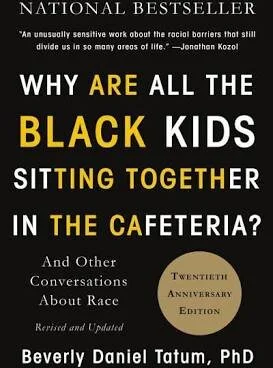
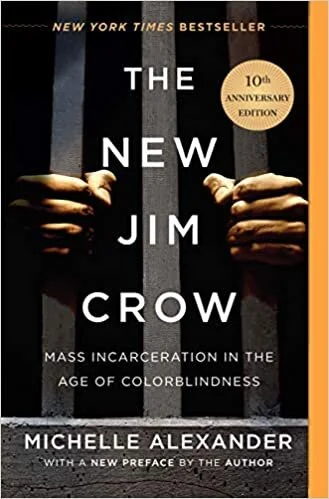
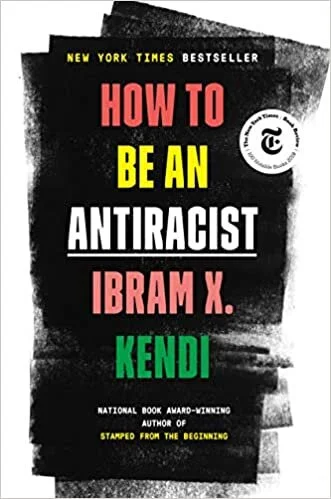

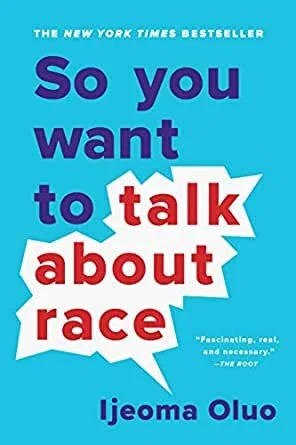





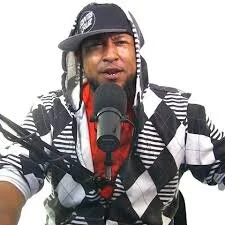



Based on the bestselling book, Just Mercy is the story of Bryan Stevenson’s essential work defending those who have no other defenders. Learn more about Stevenson’s organization Equal Justice Initiative, and their mission to defend people who have been illegally convicted, unfairly sentenced, or abused in state jails and prisons.